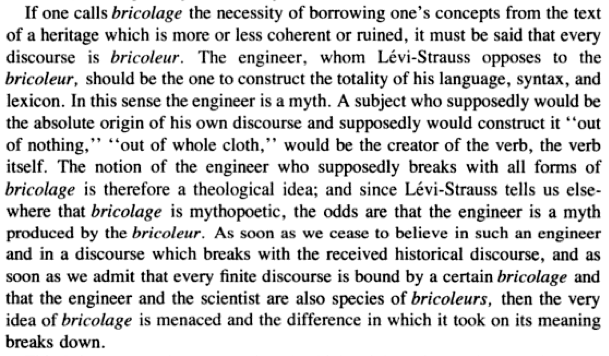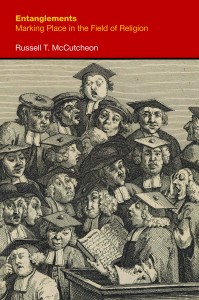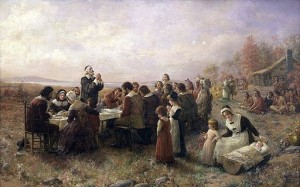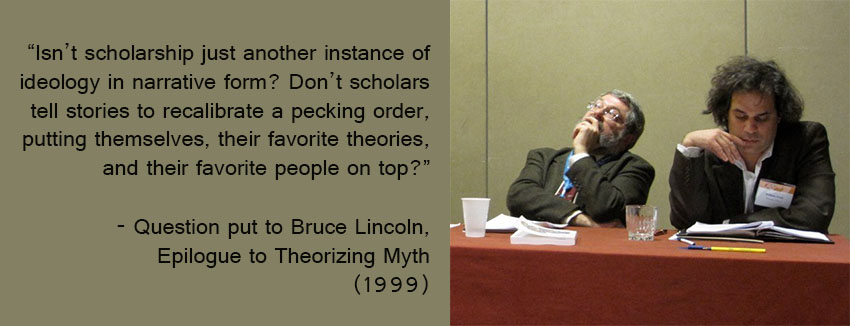 The other day I was cruising around the web reading old New York Times pieces and came across one entitled “Does Religion Oppress Women.” As with many things on the web (e.g., the banana slicer for sale at amazom.com), the comments section is the best part. For example:
The other day I was cruising around the web reading old New York Times pieces and came across one entitled “Does Religion Oppress Women.” As with many things on the web (e.g., the banana slicer for sale at amazom.com), the comments section is the best part. For example:
 kaybee’s comment stood out for me because it nicely represents a commonplace strategy — a strategy at home within the academy no less than in comments on the web — of positing a pristine originary moment that, once expressed or shared, is only later corrupted and polluted. It’s a model not unlike the telephone game (problematically known as “Chinese whispers” earlier on), which judges the contemporary against the pure source, and one that we find in the U.S. supreme court (when a justices measure current behaviors by the standard of what the writers of the Constitution intended) as well as in the study of etymology itself (whose own etymology denotes studying the true meaning of a word). Continue reading “Why, When I was a Kid…”
kaybee’s comment stood out for me because it nicely represents a commonplace strategy — a strategy at home within the academy no less than in comments on the web — of positing a pristine originary moment that, once expressed or shared, is only later corrupted and polluted. It’s a model not unlike the telephone game (problematically known as “Chinese whispers” earlier on), which judges the contemporary against the pure source, and one that we find in the U.S. supreme court (when a justices measure current behaviors by the standard of what the writers of the Constitution intended) as well as in the study of etymology itself (whose own etymology denotes studying the true meaning of a word). Continue reading “Why, When I was a Kid…”


 – Jacques Derrida, Writing and Difference (1978), p. 285
– Jacques Derrida, Writing and Difference (1978), p. 285

 So opens Roland Barthes’ little essay — well known to some, of course — in his collection, Mythologies (read the full essay
So opens Roland Barthes’ little essay — well known to some, of course — in his collection, Mythologies (read the full essay  And voila, Einstein’s brain is, in the Barthean sense, a myth.
And voila, Einstein’s brain is, in the Barthean sense, a myth. 

 Seeing
Seeing  Some Thanksgiving thoughts for the U.S. Thanksgiving holiday. Despite various corrections and critiques (e.g.,
Some Thanksgiving thoughts for the U.S. Thanksgiving holiday. Despite various corrections and critiques (e.g.,  Read
Read 